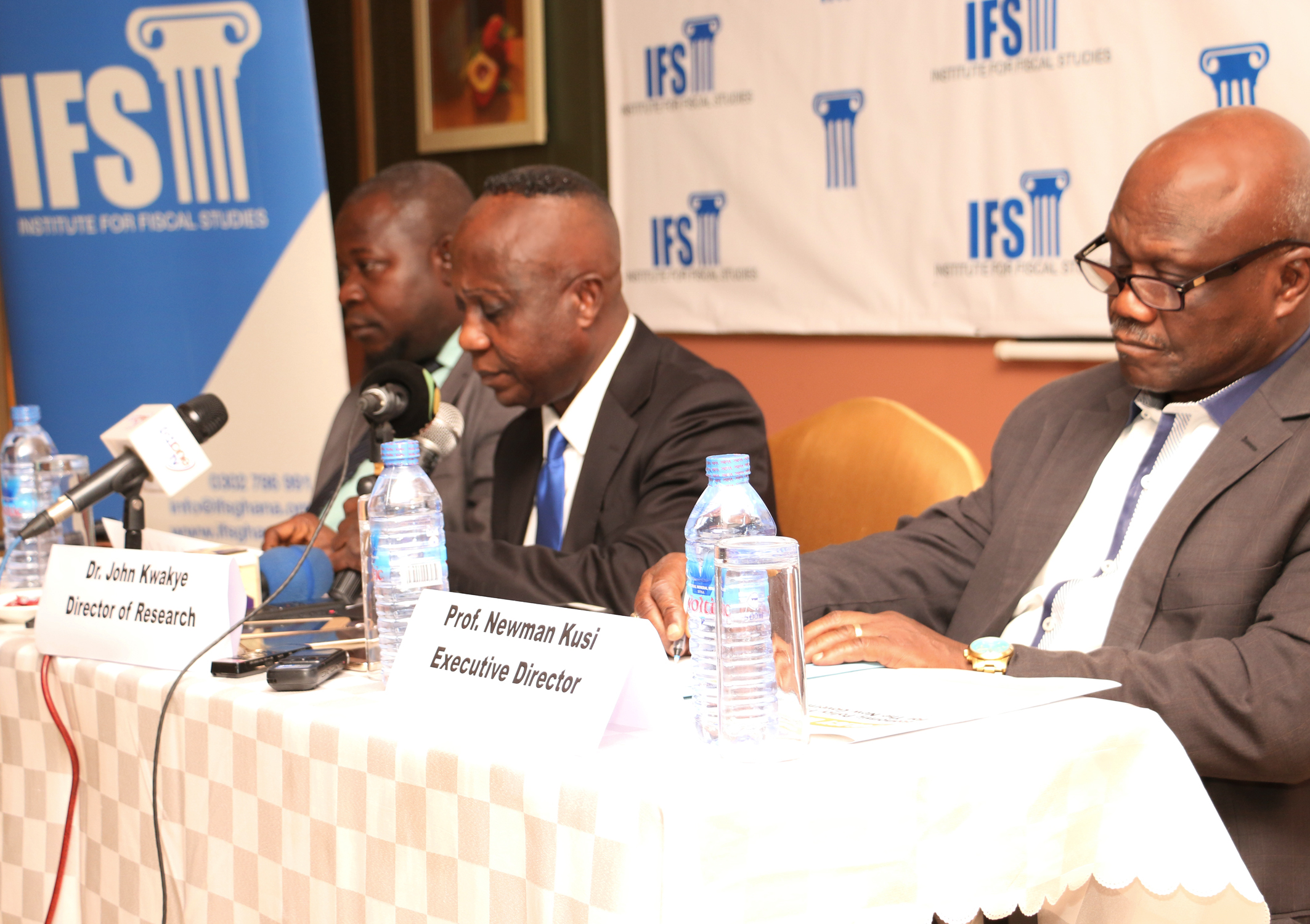January 19, 2017
Policy Brief 2: Economic Policy Priorities for the New Government Not too long ago, the Ghanaian economy was one of Africa’s strongest. However, the economy has witnessed a sharp decline in growth in the last three years. In this Policy Brief, the IFS brings to the attention of the new Government some critical economic challenges along with proposals to address them. <p>IFS’ proposals are informed by the Institute’s conviction that Ghana needs new, bold and systematic policies capable of bringing about fundamental changes to the economy to enable it to deliver tangible socio-economic benefits to Ghanaians. </p> Click here to […]


